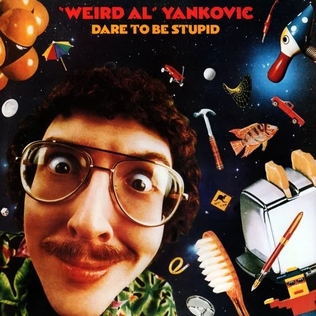In the social media dominated culture that we find ourselves increasingly immersed in, my immediate reaction is to share this with other people. This need to share it isn't just about internet Memes or Viral Videos: it is part of our natural human need to bond with others by giving them the opportunity to share in our emotional response. But in doing so, I am also assuming that those I share this video with are going to share my emotional response. Which brings me back to beliefs informing opinions, instead of the other way around.
I have the great misfortune of having a large group of online friends with diverse philosophical backgrounds. I say misfortune because I often find myself dragged into social, political, theological or ideological debates when either making posts or commenting on the posts of others. Don't get me wrong - I enjoy the debates, and actually have an unnatural inclination for intellectual head-butting. But an overabundance of unplanned online arguments can be time consuming and exhausting.
 |
But that's neither here nor there. However, when I consider posting this video, I do so with the clear knowledge that I am able to fully predict the responses this video is going to illicit from a decent number of my online posse. There are those I know will express outage at an obvious example of police brutality, and there are others that will gladly support the actions of a law enforcement veteran doing what needs to be done in order to quell an unruly mob. Without even exposing them to the video, to the actual physical evidence of the topic at hand, I can safely predict their responses.
Now, is this necessarily a bad thing? Maybe not. Obviously, those inclined to side with law enforcement are more likely to give police the benefit of the doubt, while those more fearful of government restriction are going to be less understanding. But how reality-based can either position be if the conclusions are drawn beforehand? I'm not questioning the validity of either argument, but rather, the validity of an argument that might possibly be impervious to outside influences. If our minds are made up before even approaching a situation, how objective can we truly consider ourselves? And if our initial reaction is always to accuse the other side of doing just this, how sure can we be that our own judgement is just as clouded?
I'm not saying we shouldn't trust our own opinions. What I'm suggesting is that we be more aware of what is informing them.
















